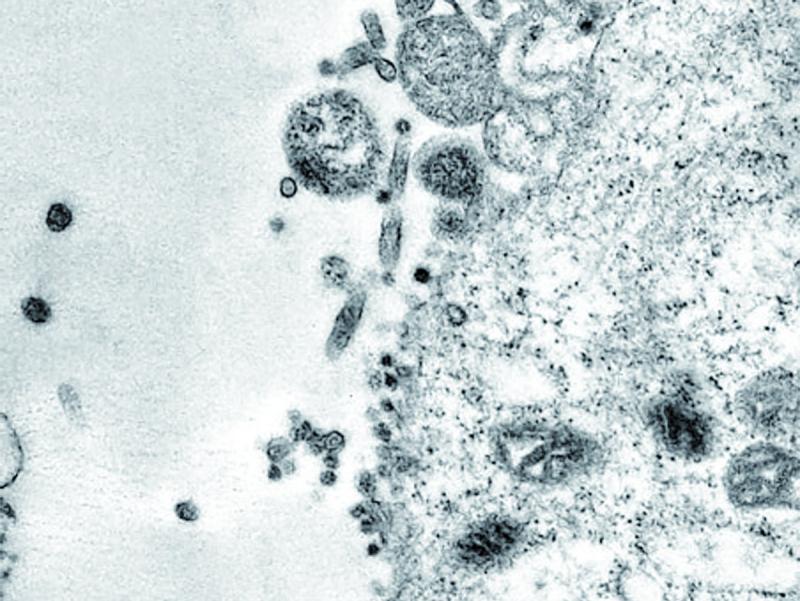Solidarity in times of crisis
We will get through this, because at some point the transmission chain will be broken. You don’t have to be a brilliant scientist to know that, just pay attention to the wisdom of our grandmothers. They would have said it long ago: we’ll get through this together, but isolated in our homes.
We’ll get through it because we will finally have brought an end to this huge mistake of underestimating the risk, ignoring the experts, putting the economy ahead of health, and prioritising communication that uses military and sporting slogans rather than common sense. It took two weeks to get to full confinement, when the increasing number of deaths, the collapse of hospitals, the contagion of health professionals was no longer politically acceptable. Now we will begin to see the light at the end of this long tunnel. But the price we will have paid is too high.
When we come out of it, we will have seen the worst in society. We will have seen a Catalan political class that has defended poor central government strategies, attacking its own government to the point of indecency. We will have seen politicians continue to walk the streets, as if all this had nothing to do with them. Actually, maybe it doesn’t. Because this is a matter of showing solidarity with the most vulnerable members of our society, the sick and the elderly. And maybe we have politicians who understand nothing about either solidarity or public service.
We will have seen some of the wealthiest citizens in society show no scruples in heading to their second homes, taking the disease where neither the times nor investments change, putting local residents at risk. How can so many people who despise the outlying areas and their people rush off to the very place where the public health system has always been abused, under-financed and ill-provided for?
When we get through this, we will also have seen the best of our society. Because here we don’t need tanks or fences to keep us in, just common sense and communication free from military interference. We will have seen how our true army, the carers, has been organised: people and businesses sewing masks, making visors, protective suits, respirators, donating tablets to patients and relatives, offering accommodation, donating anything that may be useful. We will have seen how young volunteers have cared for our grandparents, trying to make their life in confinement more enjoyable; and how researchers and students have set aside their research and studies to put themselves at the service of the public health system.
We will get through it and when we finally do, we will have learned that the people save the people, and that only a powerful public system can face challenges of this size. We will have seen the real soldiers, those in the public health system, make a superhuman effort, putting their lives at risk, because they have a firm, personal and professional commitment to the common good. We will have seen the suffering of an overwhelmed public system, kept afloat by a group of professionals with no medals on their chests, not needing them, full of generosity and altruism.
We will come out of it more orphaned, sadder, depleted, poorer, but also wiser and more convinced of our ethical and social principles. We will come out of it bowed and defeated. But have no doubt that when we meet again to embrace, we will share mourning, but also the effort to, all together, lift each other and rise again.


